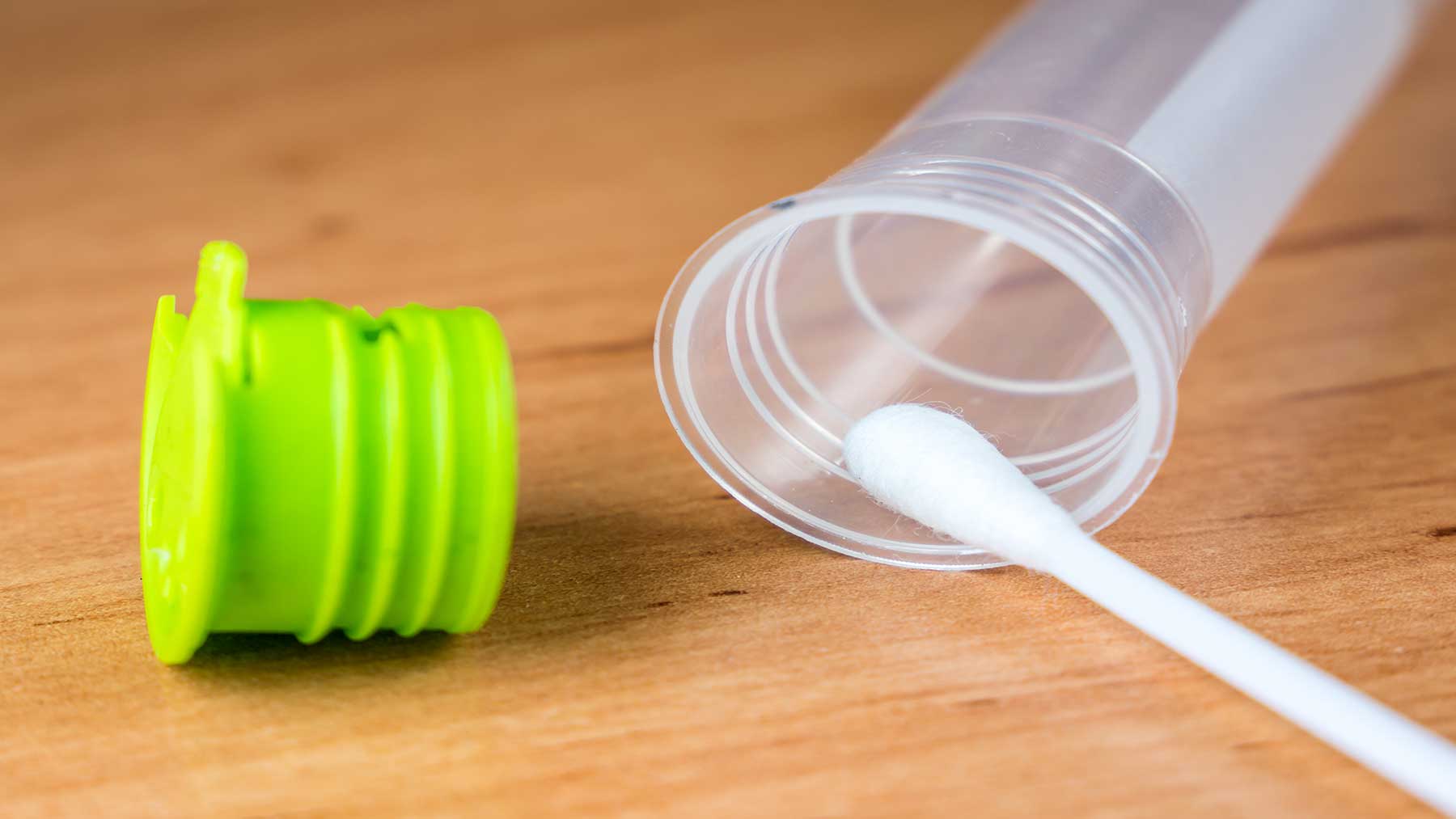Home genetic tests are convenient, but are they accurate?

How accurate are those home genetic health tests advertised everywhere nowadays? As a genetic counselor, it’s a question I’m asked all the time -- so much so that I decided to try the popular 23andMe test, which offers health, ancestry and lifestyle information based on an examination of my 23 pairs of chromosomes.
My thoughts? The test results were fairly accurate. For example, it was right in showing I’m at a slightly higher risk for age-related macular degeneration and like chocolate ice cream over vanilla. But it missed the mark saying I’m more likely to have dimples – I don’t have any. As you can see, the report is a mix of fun and serious information.
It’s the serious part that brings patients in to see me. Often, they don’t fully understand their test results and need more information or are unnecessarily alarmed. Just because a test indicates you’re more at risk to develop a medical disorder doesn’t mean you already have it -- or that you’ll even develop it. The only way to determine that is to sit down with a genetic counselor and go over your family history, lifestyle and environment, and do a more comprehensive genetic test, if necessary.
The benefit of direct-to-consumer genetic testing is that it can be the starting point of a conversation about your health. They can help raise awareness about a possible medical condition and what care may be needed, but the key is to visit a medical expert for interpretation and care.
What is genetic testing?
Genetic testing looks for changes (also called mutations or variants) in your genes that can cause an illness or disease. They can help identify health problems and what type of medical care is best for you. There are many different types of genetic tests, which are typically done via saliva or blood samples.
Doctors use genetic tests for several reasons, including:
- Finding out if someone carries a gene for a disease and might pass it on to their children
- Screening embryos for disease
- Testing for genetic diseases in adults before they cause symptoms
- Making a diagnosis in a person who has disease symptoms
- Figuring out the type or dose of a medicine that’s best for a patient
Pros of direct-to-consumer genetic tests
Typically these types of tests don’t require a doctor’s order, are inexpensive (usually $99 and up) and can create awareness of a hereditary disease or increased risk of a medical condition. Recently, I had a patient who received one of these tests as a gift and the results indicated he had the genetic marker for hemochromatosis, a genetic disorder that can cause an iron overload in the body. We ran some additional testing and found he already had symptoms of the disease with too much iron in his body and needed medical treatment.
Cons of direct-to-consumer testing
Sometimes these tests give wrong positive or negative readings, luring consumers into falsely thinking they have, or are more likely to have, a medical condition, or that they don’t have a disorder when they may. For example, I had a patient come in afraid because she thought her test results showed she had disease-causing variants in the breast cancer genes BRCA1 and BRCA2. But follow-up genetic testing revealed she didn’t. That’s why comprehensive testing and consultation from a medical expert is so important. Plus, finding out you may have a life-threatening disease can be psychologically devastating and should be done with a professional who can put things into context, instead of via email. There’s also the privacy issue -- is your information safe? Medical centers have very strict privacy rules in place.
The bottom line?
Think of these home DNA tests as an informative snapshot into your health and lifestyle. But for the whole picture, you should visit a genetic counselor who can evaluate your personal and family history, do a more comprehensive genetic test, add context to test results and guide you about any necessary care.
Dawn C. Allain is a licensed genetic counselor and a director of the Genetic Counseling Graduate Program at The Ohio State University Wexner Medical Center.




